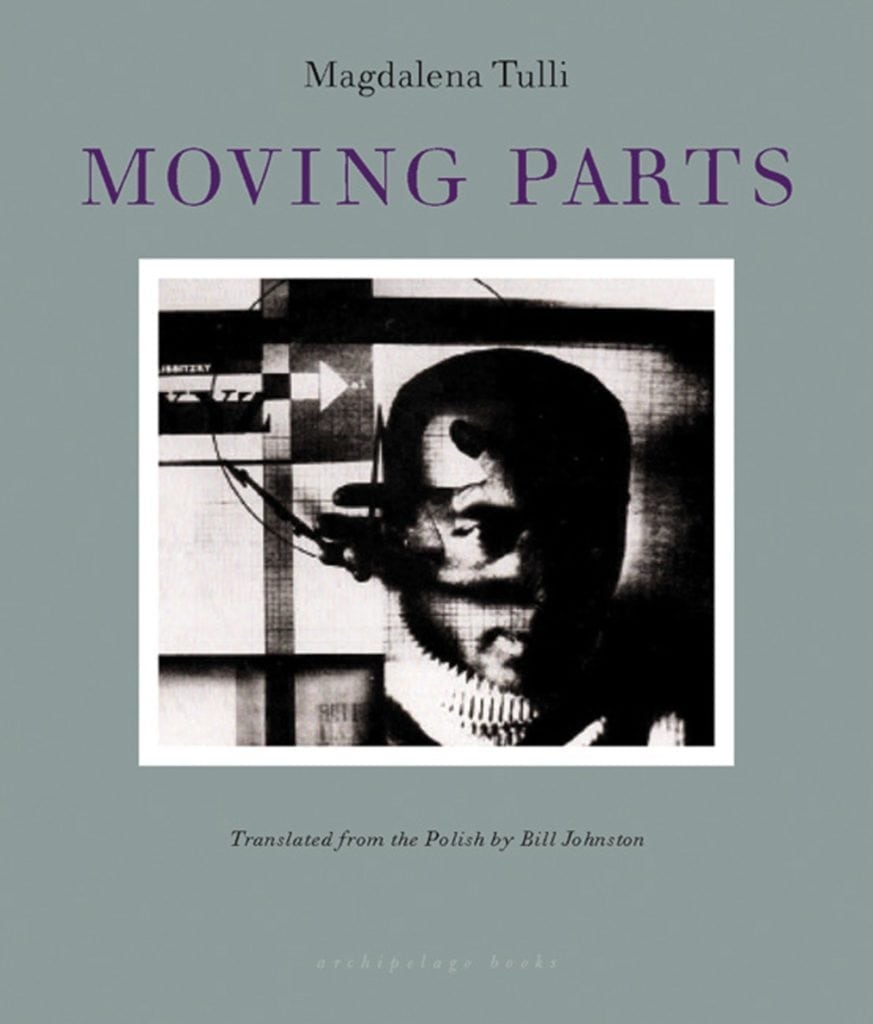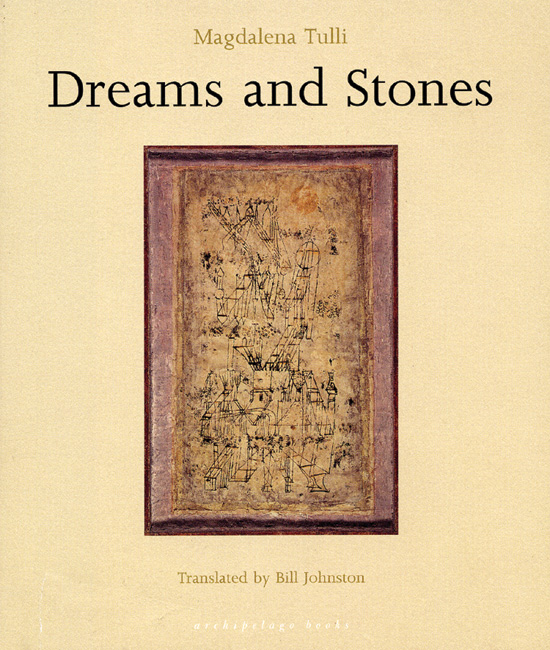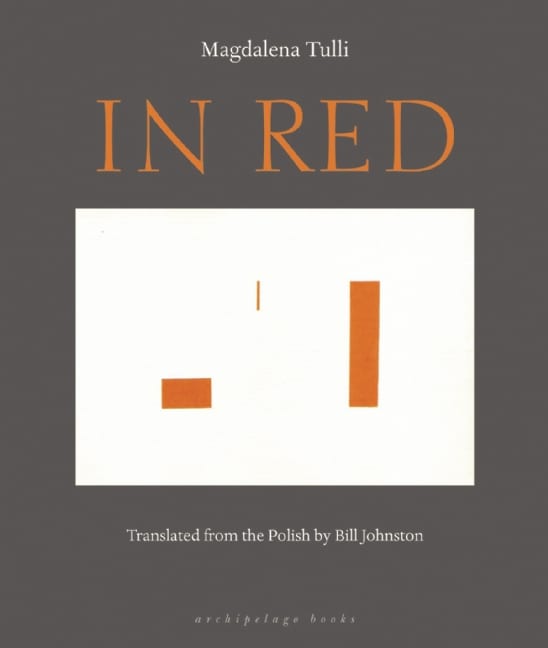Praise
Tulli's snapshot vignettes—of trains covered with 'bright zigzags of graffiti,' of 'a fur that gives off the oppressive smell of mothballs,' of a hobo who 'rakes cigarettes out of his hair'—can be read as lapidary, Cubist poetry or a word collage that's amorphously if resonatingly evocative.
This is a ghosted book: event and object haunt the pages as grammar pulls and rejects pieces of the plot like a confused magnet hovering over the mother lode. Language glides toward the inhospitable future as it stumbles over the cluttered past, but grammar’s structures cannot hold back the forces of personal loss, war, and whatever it is that is known as ‘the human condition.’ The moving parts of time/verb/image/story/character shift below our feet, endlessly rearrangeable in a terrifyingly prolific machine. As Tulli demonstrates with a quick swish of the knives, ‘story’ can keep peeling off from itself and regenerating, like a snake with ever renewable skin.
Magdalena Tulli's taut novel follows a daring path through the maze of recent European history —from its whimsical postmodern opening to a far more complex inquiry into the enduring legacy of World War II and the nature of human destiny itself. A genuine tour de force that grows more fascinating with each surprising turn.
Just when you fear fiction may have no more turns left to take, along comes Magdalena Tulli. Picking up on the experiments of Oulipo and Robbe-Grillet, she leads us into a dazzling maze out of which we emerge with our wonder and our delight retooled.
The originality of Tulli's writing is not lessened by representing a family tree that includes Michaud, Kafka, Calvino, and Saramago.
Extras
Watch this interview with Tulli (in Polish).




